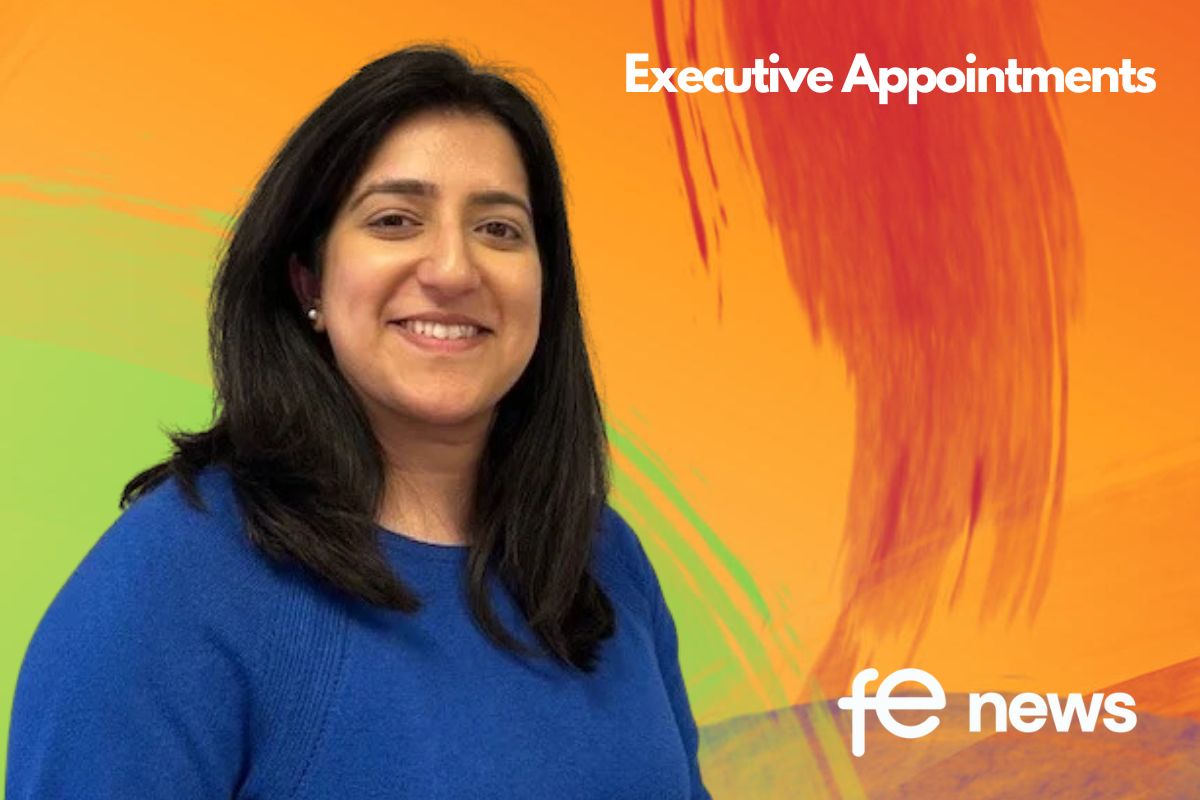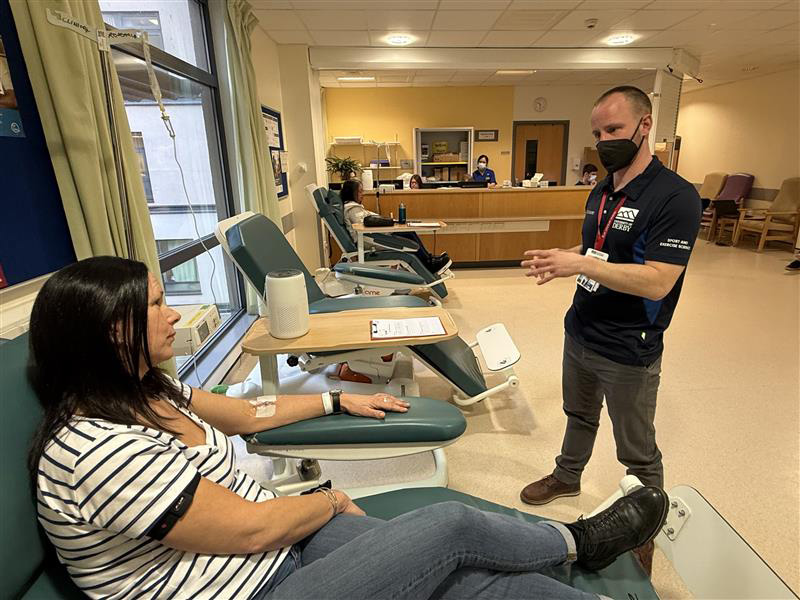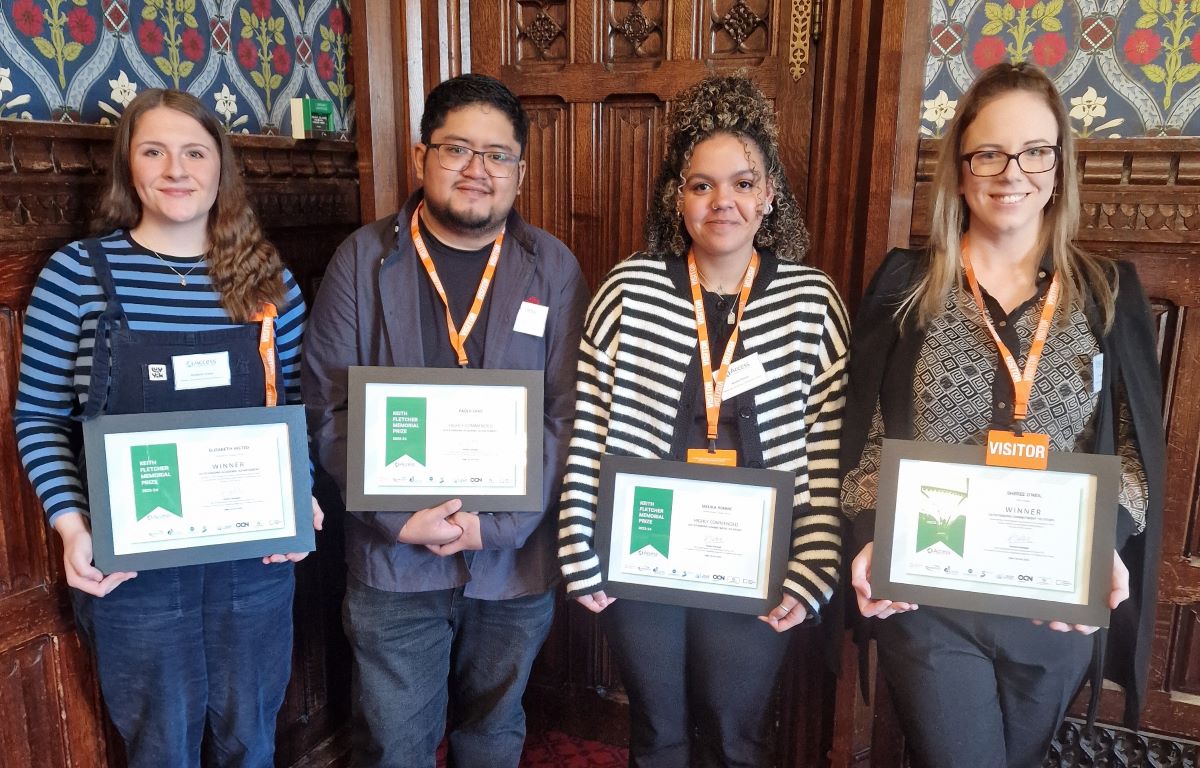Ofqual sets out its vision to steer the future of qualifications

Ofqual’s new 3-year plan announced today (4 May) sets out its ambition for the future of qualifications that are sought after, fair, accessible, valued and world class. The plan details the work Ofqual will do towards this, with the interests of students and apprentices at its heart.
Ofqual has a pivotal role to play in leading, influencing and enabling innovation and transformation in assessment and qualifications. New approaches to assessment, including the use of technology, have the potential to improve quality and fairness for students and apprentices and to strengthen the resilience of how qualifications and assessments are delivered.
Ofqual will work with awarding organisations to harness greater innovation and the use of technology to promote assessments that are valid, efficient and implemented safely in the interests of students.
Ofqual will oversee the reintroduction of exam-based assessment in 2022 across general, vocational and technical qualifications where they were cancelled due to the Covid-19 pandemic and will work to secure trust and confidence in awarding arrangements for 2022 and beyond.
Ofqual will look to the future demand for technical qualifications by working in partnership with IfATE on technical qualifications, T Levels, higher technical qualifications and apprenticeship end-point assessments. The introduction of new Digital Functional Skills qualifications into the market also signals that the qualification landscape will be changing over the next decade and Ofqual will be developing and consulting on arrangements to secure high-quality qualifications as part of the government’s post-16 qualifications review.
Ofqual will regulate to ensure that exams and assessments become more accessible for all students, including students with special educational needs and disabilities and students new to this country for whom English is an additional language.
Ofqual will transform how qualifications can be chosen and compared by building an interactive Register of Regulated Qualifications to make the qualifications market clearer and easier to navigate.
Ofqual will make the qualifications market work better in the interests of students by promoting transparency and by helping all those that take and use qualifications to make informed choices, including on the basis of price. Regulation must support a coherent and navigable qualifications market for students, apprentices and employers.
Ofqual Chair Ian Bauckham said:
“Ofqual’s deep assessment expertise, access to expansive data and our convening power afford us a unique role in shaping the future of qualifications and assessment. We are ambitious in that goal. Regulation must enable good innovation that is in the interests of students and apprentices.
“The pandemic has, rightly, catalysed questions about not if, but when, and how, greater use of technology and onscreen assessment should be adopted. All proposed changes need to be carefully assessed for their impact on students, including those with special educational needs and disabilities. It is right that we use research and evidence to challenge existing practice so that we continue to improve what we offer for students and apprentices.”
Chief Regulator Dr Jo Saxton said:
“I am delighted to be publishing our 2022 to 2025 corporate plan – the first in my tenure as Chief Regulator. At its heart is my personal commitment that the interests of students and apprentices will be the compass that guides us on every decision and action. They will be our true north. I know the power of qualifications from my own personal experience and from my time working on the frontline of schools in some of the most disadvantaged areas in the country. Qualifications open doors. They are a passport to new opportunities and possibilities. To fulfil that role they must be trusted, understood, good quality and fair.
“This corporate plan sets out the work that Ofqual will do to make sure that regulated qualifications are just that. I also want to make it easier for students to see a clearer choice of options. We are also looking at the future landscape of qualifications and so will be developing and consulting on arrangements to secure high-quality qualifications as part of the government’s post-16 qualifications review.”
Sector Response
Geoff Barton, General Secretary of the Association of School and College Leaders, said:
“We are delighted that Ofqual is going to look at new approaches to exams, including the use of technology, and that it intends to work with the awarding organisations to this end.
“Our current reliance on a pen-and-paper exam system, organised at an industrial scale with Fort Knox-style security arrangements around the transportation and storing of papers, is hopelessly outdated and ripe for reform. The recent experience of the pandemic has shown just how vulnerable it is to unexpected events. If online assessment had been available, it might not have been necessary to cancel all summer exams for two years in a row.
“It will clearly be necessary to carefully test and integrate new online systems to ensure their reliability and validity, and we look forward to working with Ofqual and the awarding organisations on how this may work.
“On the wider aspects of the shape of exams in the future, Ofqual is obviously constrained by government policy, but our view is that the use of technology in assessment is only one part of the picture, and that exams themselves need to change.
“We would like to see a range of assessment methods used, less emphasis on a huge and relentless set of terminal exams, and reforms to English and maths which build confidence and progress rather than consigning massive numbers of students to a sense of failure. The exam system needs to work better for all students and give every young person the dignity of qualifications of which they can be justly proud.”
Dr Mary Bousted, Joint General Secretary of the National Education Union, said;
“Ofqual are right that the pandemic has catalysed questions about assessment in England, however the questions they address are far too limited. A greater role for technology is worth researching but, as demonstrated by the Independent Assessment Commission, parents, students, employers, teachers, assessment experts and policy makers agree that using exams alone is outdated and doesn’t pick up all of a young person’s abilities.
‘Government determines policy and so should encourage Ofqual to also research the imbalance in the system between those types of skills, knowledge and attributes students are tested on in an exam and the many others, which are currently missed in some qualifications because no other form of assessment is used, and memorisation is all that counts.
‘We are encouraged that Ofqual says they will look at removing regulatory barriers where these are blocking valid and efficient assessments. Clearly, one obvious barrier to meaningful, valid GCSE and A-Level grades is the condition that all assessment in GCSEs and A-Levels must be via examination, unless an exemption is allowed. There is much research and many live examples of qualifications in England already, which aren’t limited by the same condition and which produce valid, efficient results using varied assessment methods.
‘Education, and the proof of what a student has achieved in their time at school and college, is about far more than showing what can be remembered in an end of course exam. Grades and assessments should reflect this, otherwise we are doing young people a disservice.”











Responses